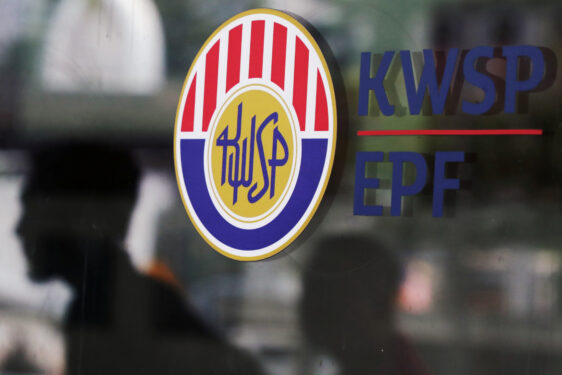by Chee Jo-Ey
THE Covid-19 crisis has disrupted the economy in ways some say are worse than that of the market crash in 2008. The pandemic is expected to lead to businesses closing down and people losing jobs.
Even after the movement restriction order (MCO) is lifted, the economy will require a period of time to bounce back.
Although there is no general rule of thumb when it comes to managing your money, it might be helpful to know what financial mistakes to avoid during a challenging time.
Sunway University Business School economics Professor Dr Yeah Kim Leng said that people should make financial decisions based on their priorities.
“If you do not have enough savings, you should take up the moratorium (on loan repayments) and keep the money for emergencies. But given that the central bank had granted a loan moratorium to ease burdens caused by the Covid-19 pandemic, people who do not need cash flow can take advantage of this and use the money in hand to enhance passive income by making investments that can generate returns higher than repayment costs,” says Yeah.
In times like these, put the money into fixed deposits, bonds and unit trusts with fixed income that are stable as opposed to equity funds that are suffering losses. If, however, you are facing retrenchment risks, you should save the money so that you can resume payment once the moratorium ends.
It really depends on each individual’s circumstances. If you have critical needs then it makes sense to prioritise spending on those needs.
Manage your debt well and pay off credit card debts or convert them into term loan as soon as possible because loans have lower interest charges. Due to high charges, you should quickly pay off credit card debts and try not to incur more of such debt with high interest rates.
“Also, look at other income sources and if you can, take up supplementary work. There is greater demand for online work and in the delivery services sectors,” adds Yeah.
Capspring Temasik financial adviser Wong Lee Kheng said, “For starters, don’t panic. You do not want your important decisions to be controlled by emotions. Study your financial books ie. accounts, statements and gauge how long your funds can sustain you and how to maximise your cash savings.
“Don’t be tempted to follow blindly when it comes to investments. Do your research and stick to your portfolio to be safe. Now is not the time to venture into unfamiliar territories.”
According to Wong, people should not take advantage of the moratorium and use the money to make investments but rather save it if they don’t have an emergency fund. Always prioritise your critical needs and settle debts first before thinking of earning more.
People should always be mindful with their debts and not just during a crisis. If you have enough funds, you can continue paying your car loan and not take up the moratorium as it will give you a leg up. If you do not have an emergency fund, take the moratorium for your car loan first and then only the housing loan.
“After the MCO is lifted, the market will be flooded with job seekers so job retention is important. Unless you have a competitive edge, it is better to stay put. If you’re thinking of retiring, it depends on whether you have a wealth plan.
“If you do and your data shows that your income post-retirement can cover your expenses then you can go ahead and retire,” says Wong. – April 22, 2020










